Dear America: Don’t Forget The World Around You
We have to remember to look away from phones and enjoy the world around us.
It is so easy to just stare at your phone, but we can’t forget to look up and enjoy the world.
January 24, 2023
Nowadays, people are consumed by their phones and social media. If you walk around the school or anywhere else, you always see people staring at the little screen in their hands.
We have to remember to look up from our phones and enjoy the world around us. The important moments in life are not happening on your phone–they are happening all around you. You just have to look up and pay attention to see them.
We all spend so much time on our phones, instead of enjoying the world around us, myself included. Accrording to abcnews.go, teenagers spend an average of seven hours and twenty-two minutes per day on their phones, not including school work. When you include school work, reading, and listening to music, the time increases to nine hours and forty-nine minutes a day on the phone.

To make things worse, many kids are getting phones earlier and earlier. According to a study done by Stanford med, about 25% of children have a phone by the age of 10.7. By the age of 12.6, 75% of children have phones. By 15 years old, nearly all kids own phones. That is a lot of time on a phone at a young age instead of playing outside with friends and enjoying nature.

Cell phone addiction is also a problem. More than half of teens felt addicted to their phones, and 78% checked their phones hourly or more, according to a survey done by Common Sense Media. A problem with spending that much time online is that many people can experience cyberbullying. According to fenced.ai, 88% of teenagers have witnessed cyberbullying. Recent studies have stated that the number of teenagers bullied has doubled since 2007. If kids did not spend as much time on their phones, we might be able to decrease the amount of cyberbullying.
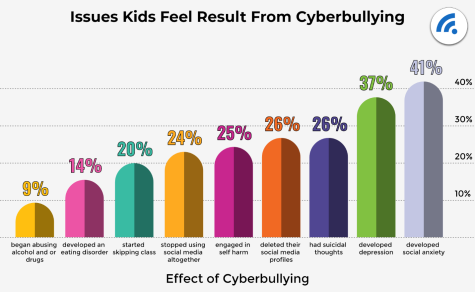
When you are staring at your phone, you miss the world around you. According to scientificamerican.com, this is called “inattention blindness.” It is the failure to notice something when focusing on another cognitive task, says Siri Carpenter.
This “inattention blindness” is especially seen when people look at their phones while driving. A study was done by Western Washington University that showed that some driving tasks, like staying in your lane, are relatively automatic. Other tasks, such as watching for unexpected hazards, are compromised by “inattention blindness.” That is how accidents happen and people get hurt.
“Inattention blindness” also contributes to a narrowed field of vision. A visual field is the portion of space that can be seen in normal conditions by any person. When using your phone and driving the visual field is smaller, which can cause you to not see things move in front of your car. That can be dangerous for the person driving and others on the road.
A screen-free week study is done each spring (this year is May 1-7). The study reveals that not being on your phone improves present-moment awareness. The definition of present-moment awareness by psychcentral.com is a state of awareness that surfaces when paying attention intentionally, objectively, and presently.
It also improved people’s sleep. Using your phone too close to when you are trying to fall asleep actually makes it harder to sleep. One reason it makes it harder to sleep is because of the physiological effect of the “blue light” that comes from the screen. The blue light impacts the production of melatonin, which helps you sleep.
People who participated in the study also experienced deepened connections with people close to them. They said that after five days without a phone, they were able to pick up on nonverbal emotional cues way better than they could when they had a phone.
The last effect people experienced was an increase in productivity and learning. The study showed that by not having a phone, people were able to get more done because they were not distracted by their phones. Many people will stop doing their work when they hear a ding. Many secondary schools in the UK banned phones from campus, including schools in Birmingham, Leicester, London, and Manchester. As a result, the student test scores increased significantly after the ban.

Instead of looking at your phone, it is much better to spend time outside. According to apa.org, exposure has been linked to improved attention, lower stress, better mood, reduced risk of psychiatric disorders, and even an increase in empathy and cooperation.
There are also many cognitive benefits. A study that was performed showed that green spaces near schools promote cognitive development. Green spaces near children’s homes promote self-control behaviors and, in adults, it showed better attentional functioning. It also has shown that people’s working memory and cognitive reflexes are better when they are near green spaces.
There have been many proposals from scientists to try to explain the connection between nature and these benefits. One proposal is the biophilia hypothesis. It is the innate drive for humans to connect with nature because our ancestors relied on nature.
Another proposal is the attention restoration theory. It states that nature is able to replenish one’s cognitive resources and restore the ability to concentrate and pay attention.
There are so many benefits of nature. We all need to spend less time on our phones, myself included, and enjoy the world around us.








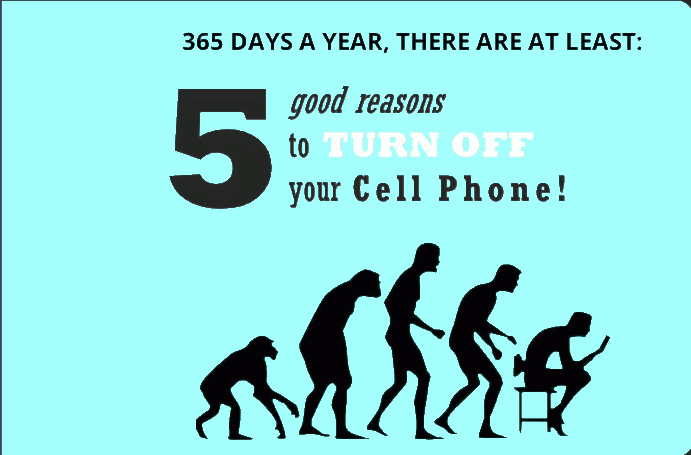











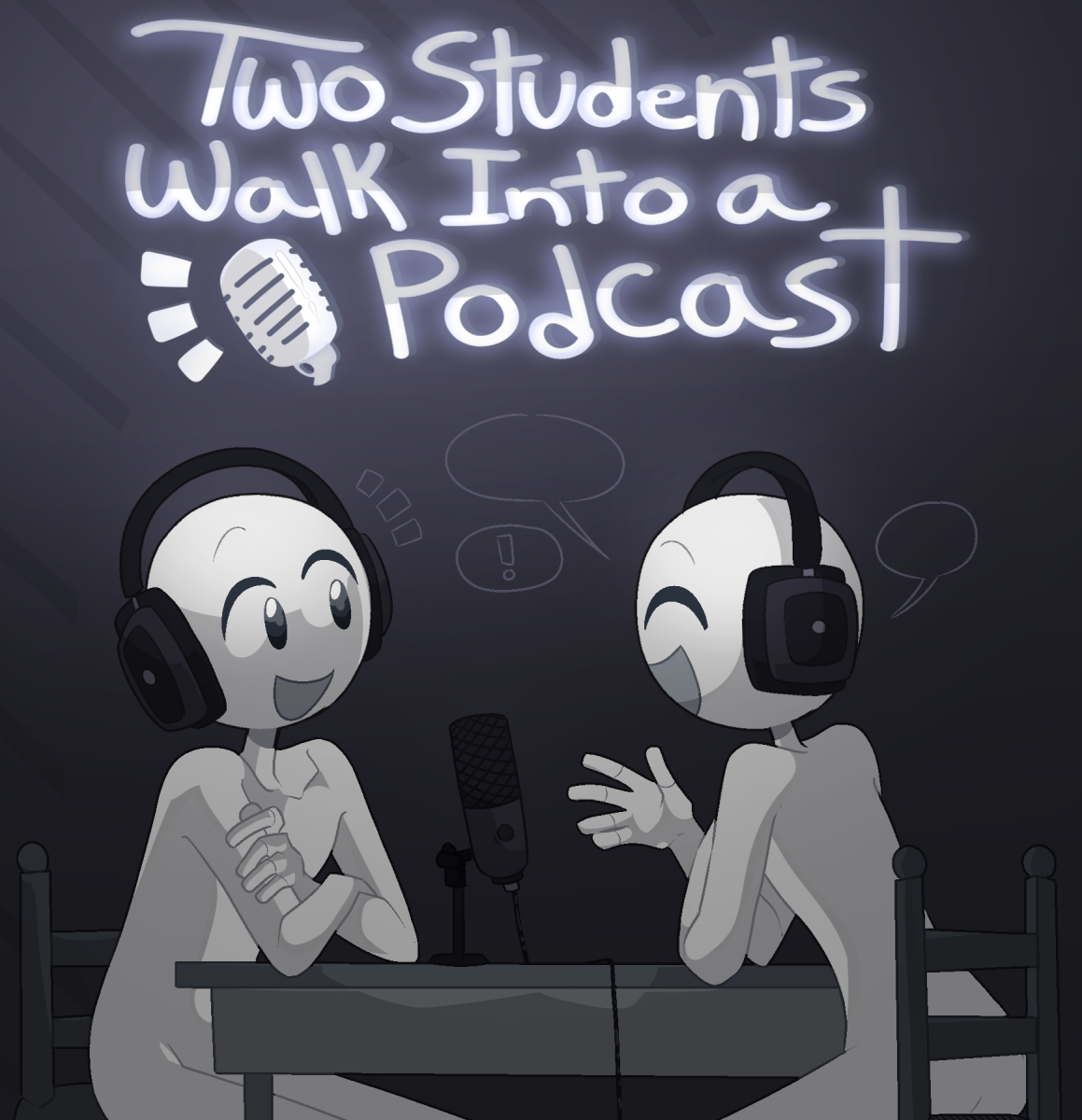
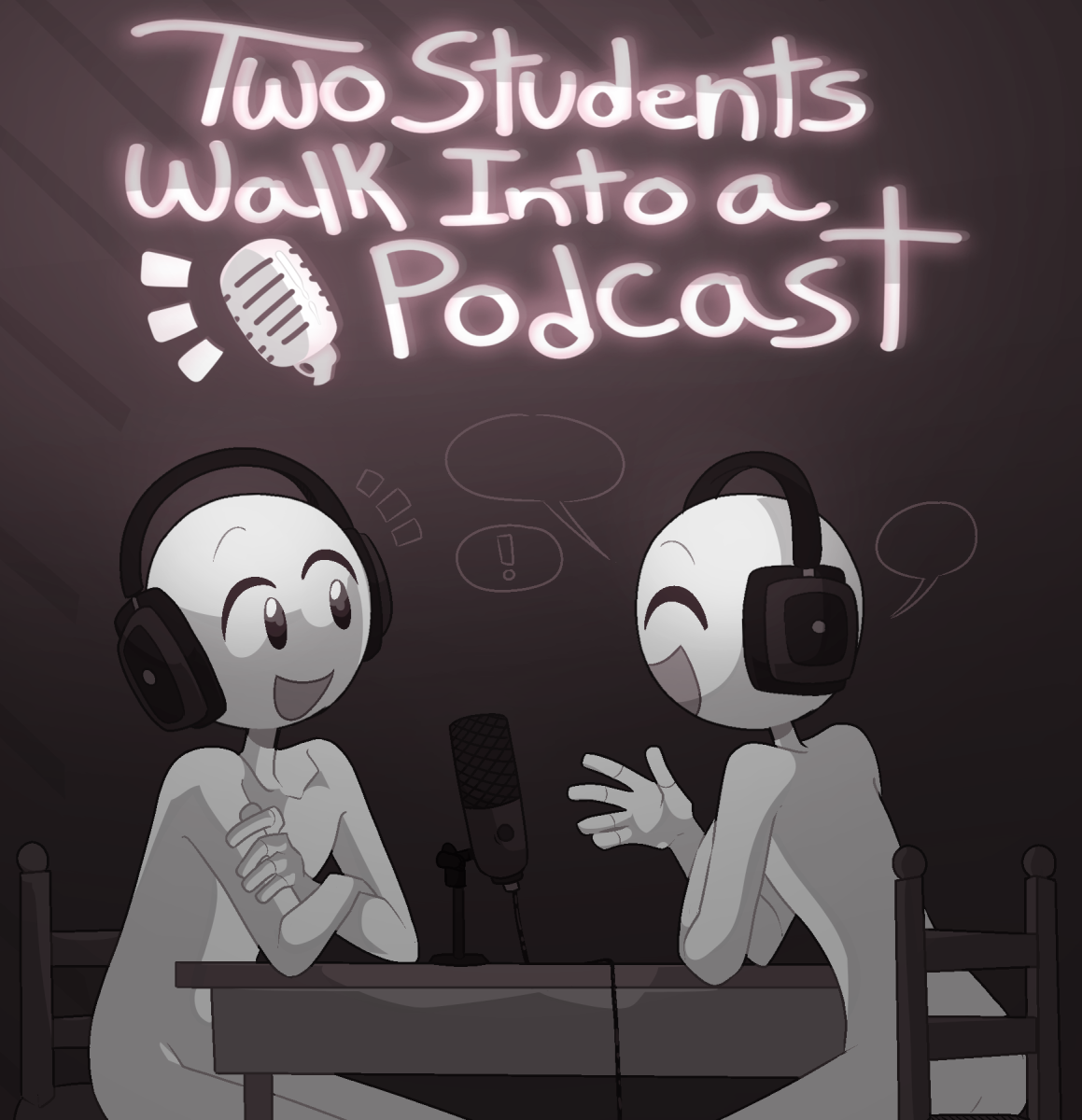
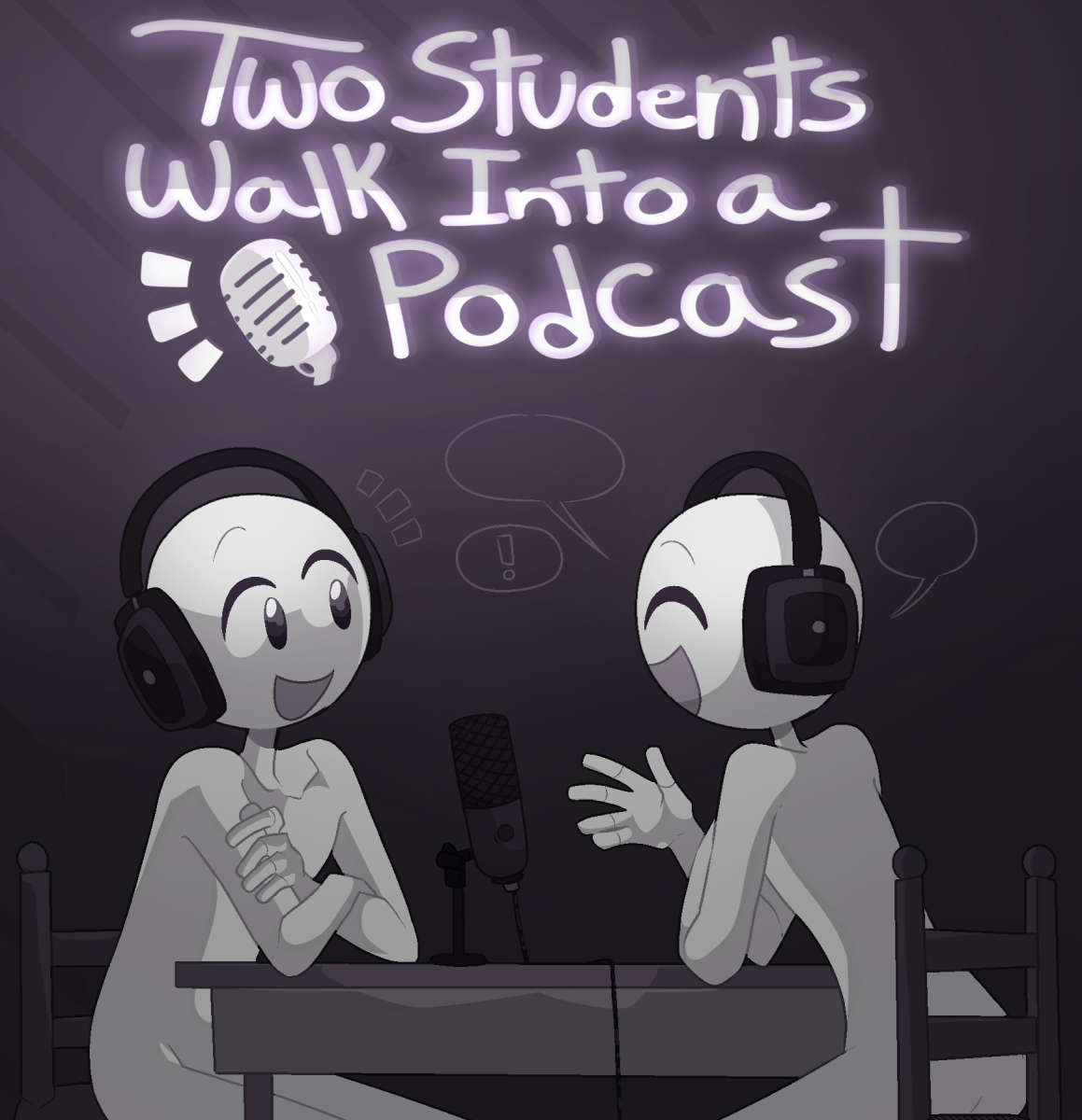
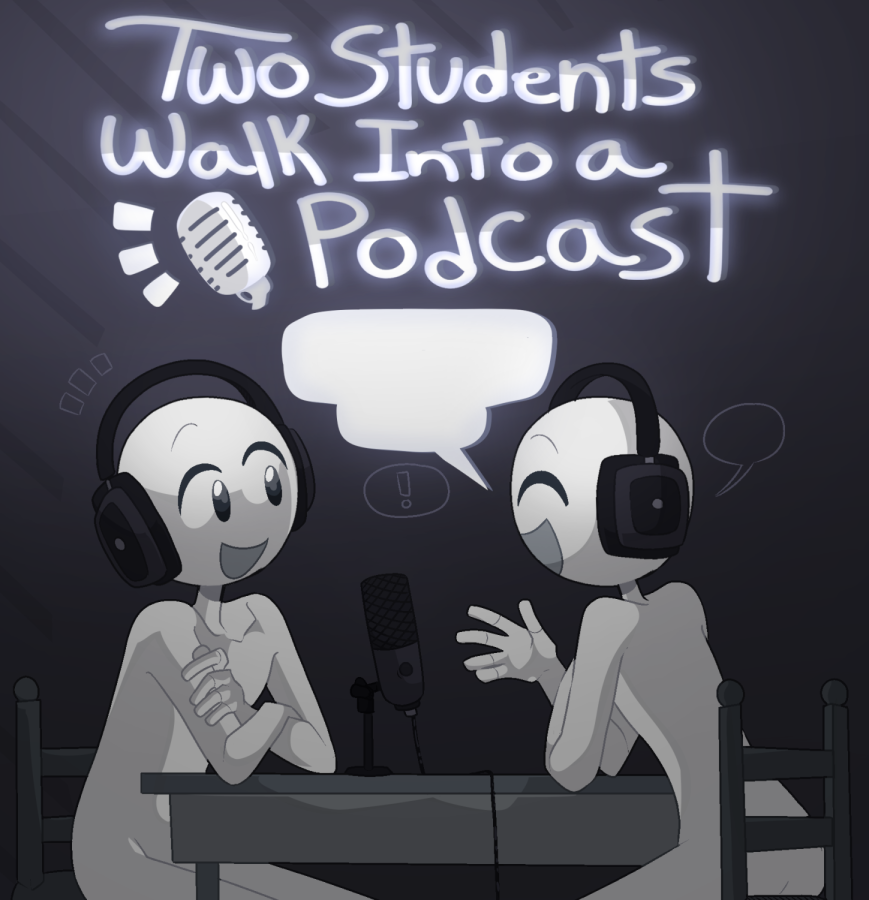
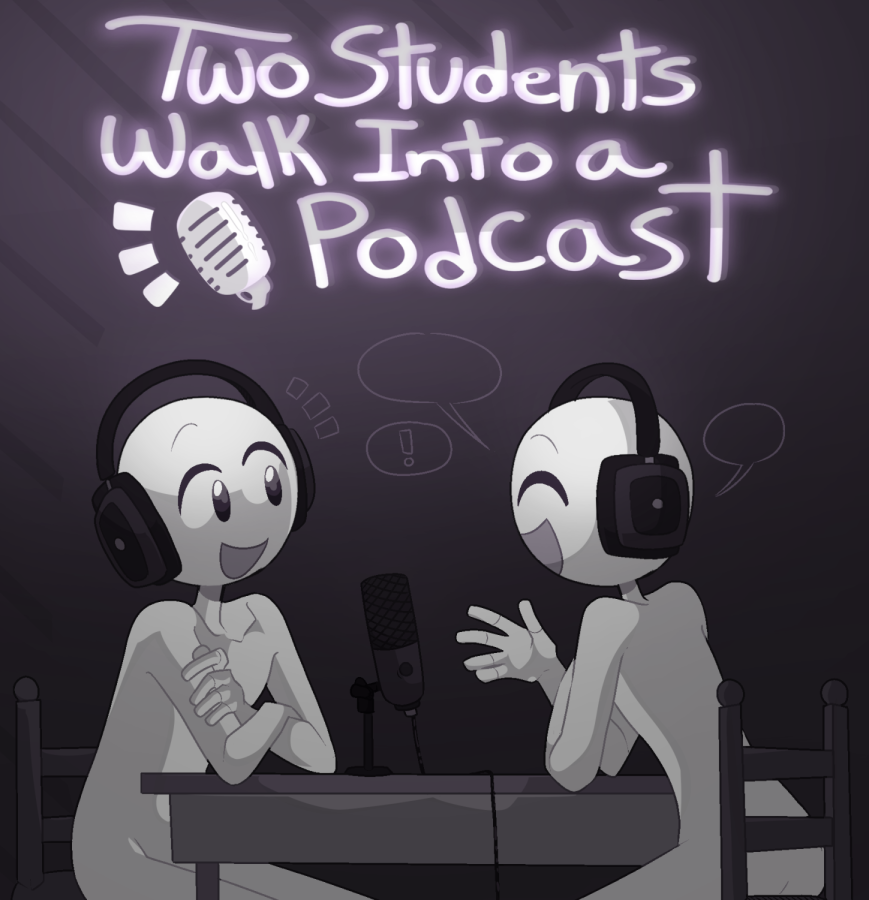

















Karen Raymond • Feb 13, 2023 at 8:18 am
I totally agree with you. Nature is so beautiful and relaxing.